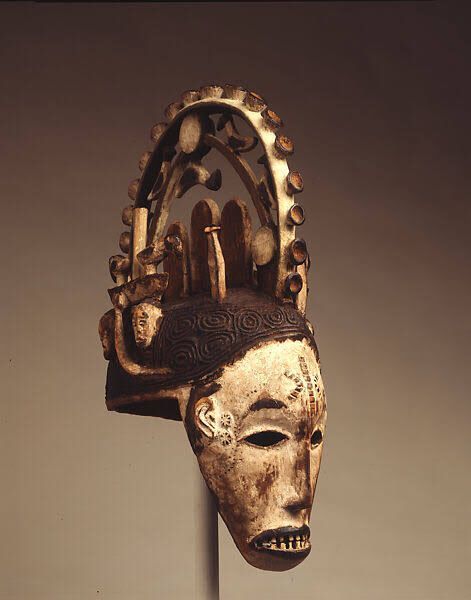Igbo art and sculpture are not only visually stunning but also deeply rooted in the cultural heritage of the Igbo people. We aim to uncover the rich cultural significance behind Igbo art and sculpture, showcasing their diverse forms, symbolism, and historical importance.
Igbo art encompasses a wide range of forms, including woodcarvings, masks, pottery, textiles, and metalwork. Each form holds unique cultural significance and is often created with meticulous craftsmanship.
Igbo art is rich in symbolism, reflecting various aspects of Igbo life, beliefs, and traditions. Masks, for example, are used in ceremonies and rituals to represent spirits, ancestors, and deities. The intricate designs and colors of Igbo textiles often convey social status, identity, and cultural narratives.
Igbo art plays a significant role in spiritual and ritualistic practices. Masks are worn during ceremonies, dances, and masquerades to invoke ancestral spirits, communicate with deities, and ensure the well-being of the community. These rituals connect the living with the spiritual realm and reinforce cultural values and beliefs.
Igbo art and sculpture also hold social importance within the community. They serve as a means of communication, storytelling, and cultural preservation. Artistic expressions are passed down through generations, carrying historical narratives, wisdom, and societal norms.
While rooted in tradition, Igbo art continues to evolve and adapt to contemporary contexts. Many Igbo artists blend traditional techniques with modern materials and themes, creating unique and thought-provoking pieces. The global art scene has recognized the talent and creativity of Igbo artists, leading to increased visibility and appreciation.
Efforts are being made to preserve and revitalize Igbo art and sculpture. Cultural institutions, museums, and art galleries play a crucial role in showcasing and preserving these artistic artifacts and sculptures.





